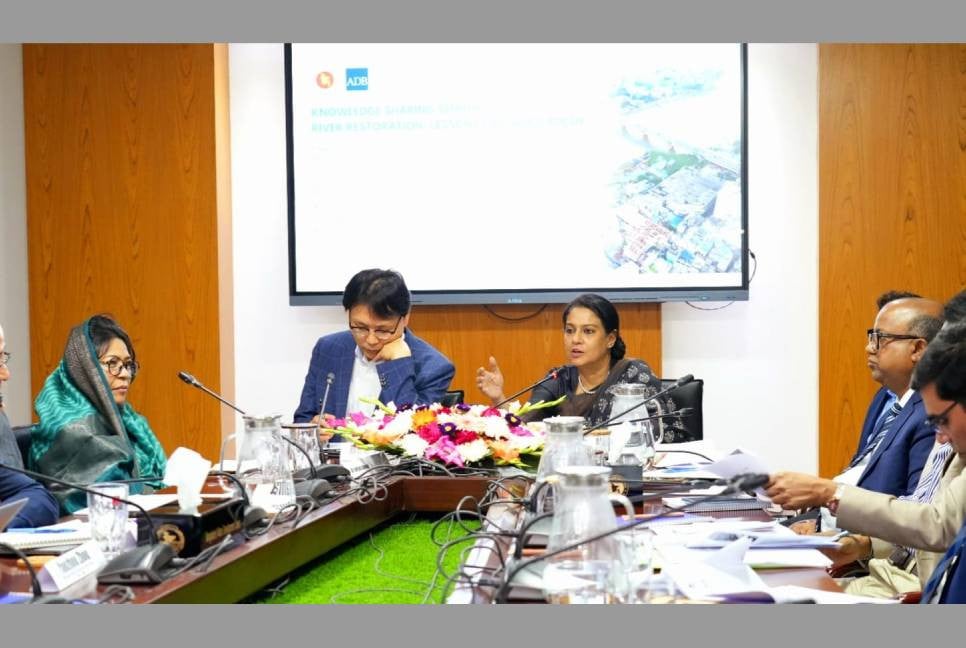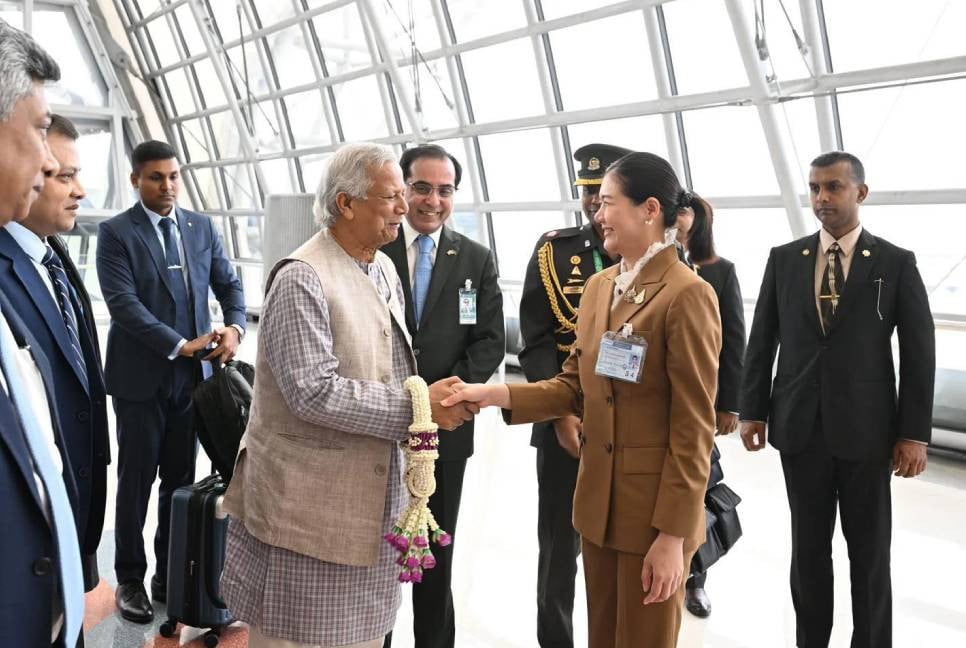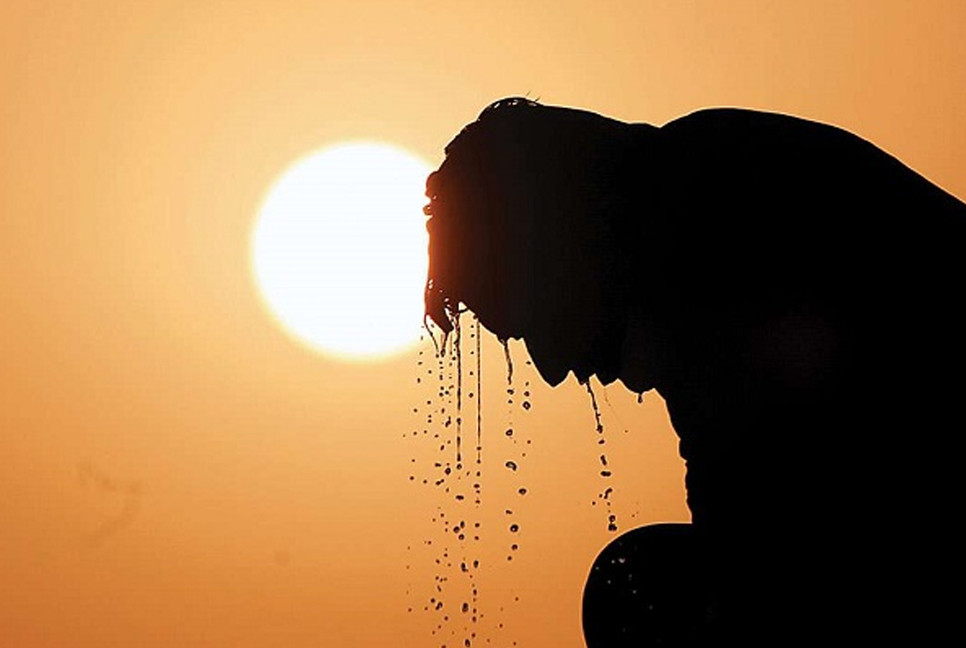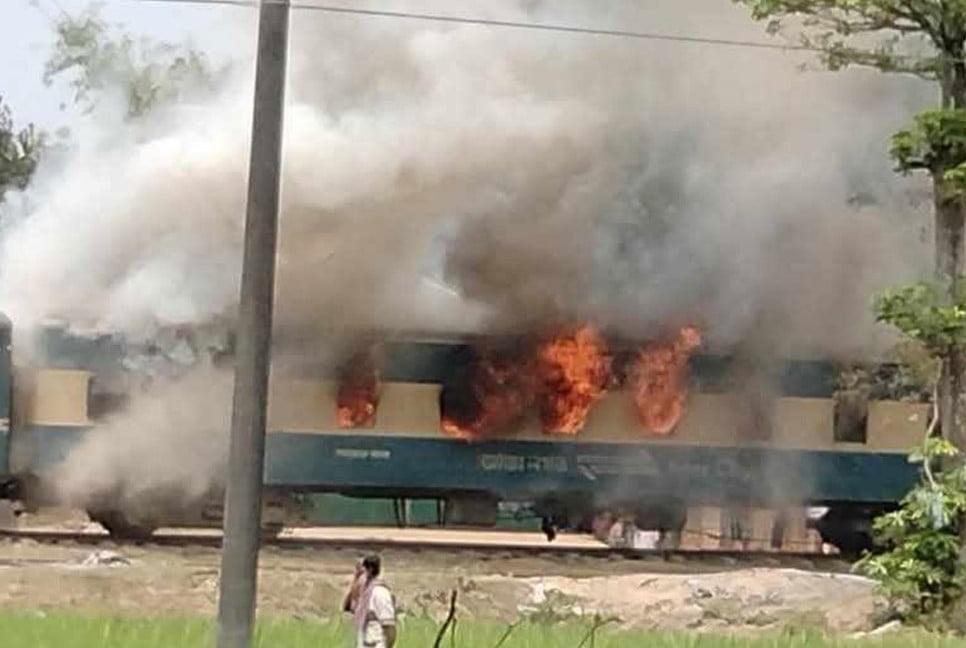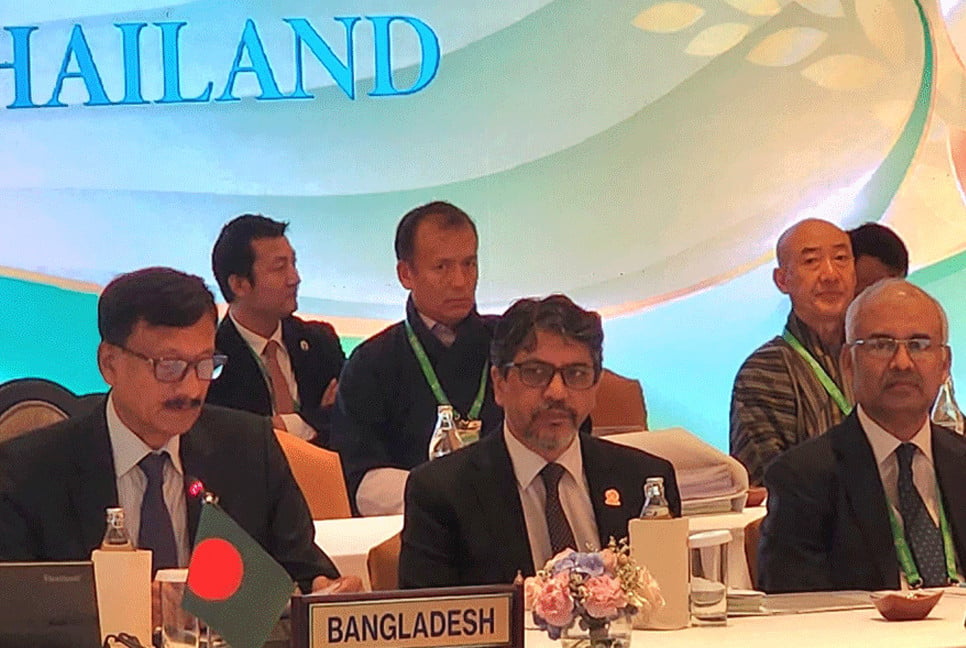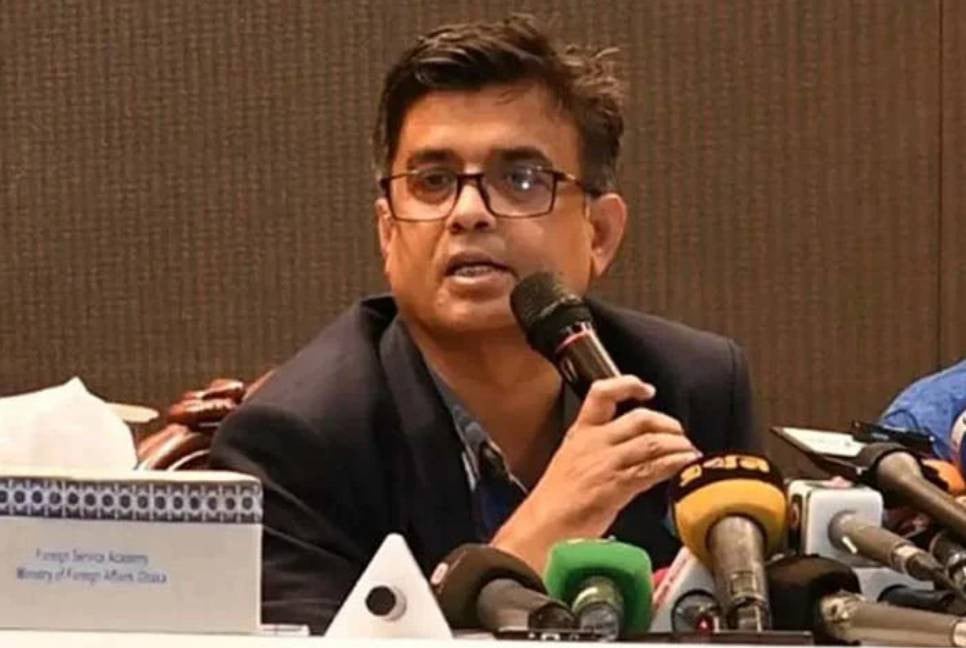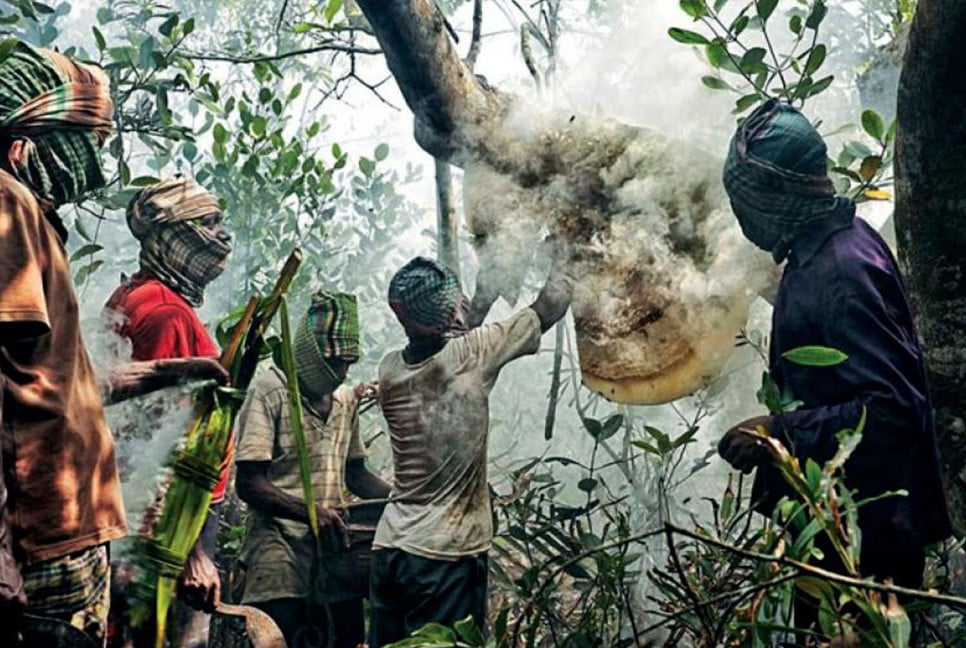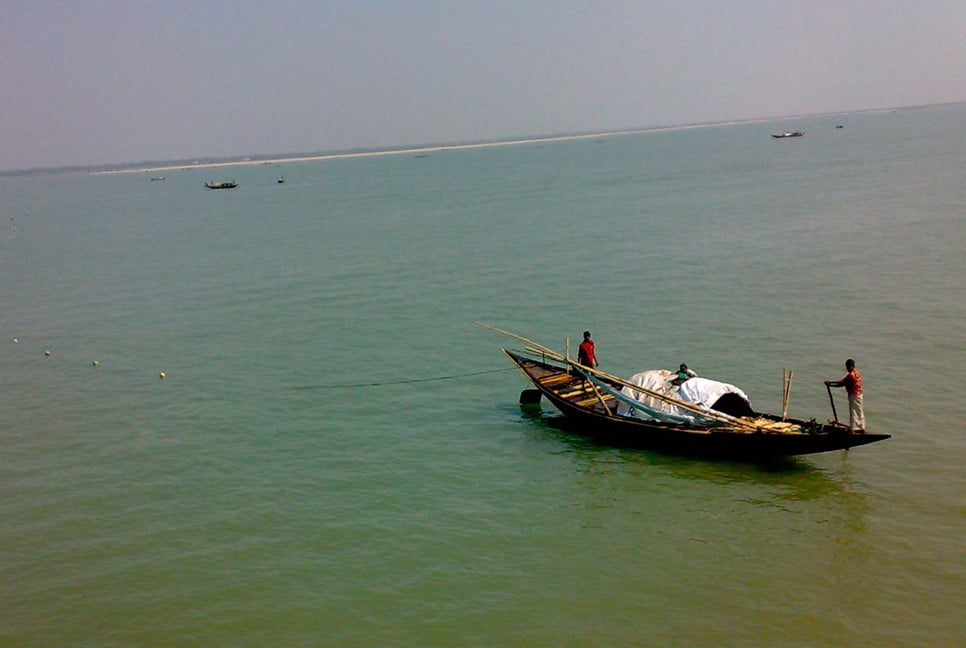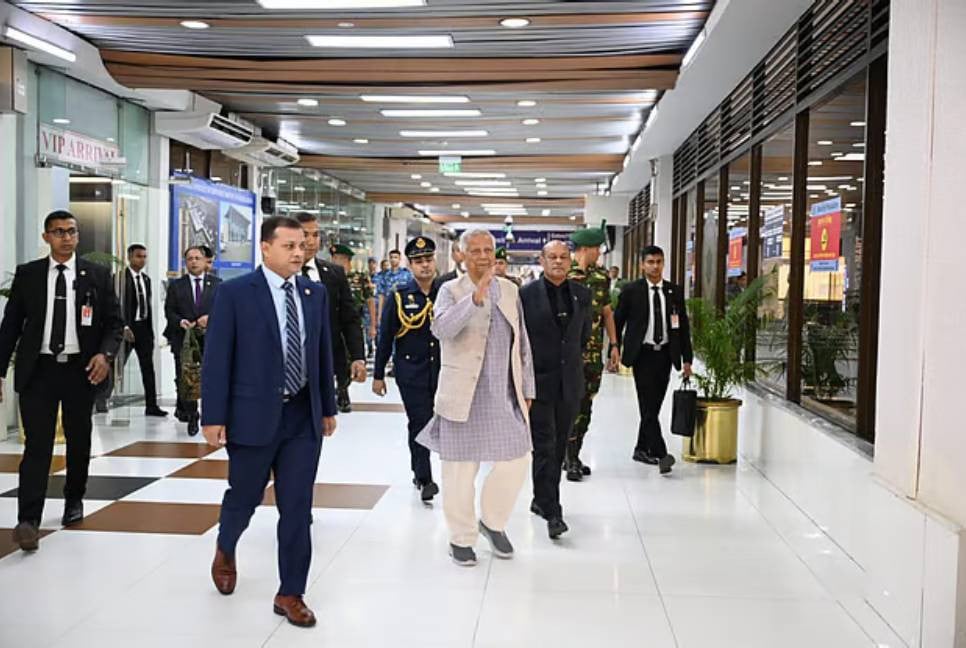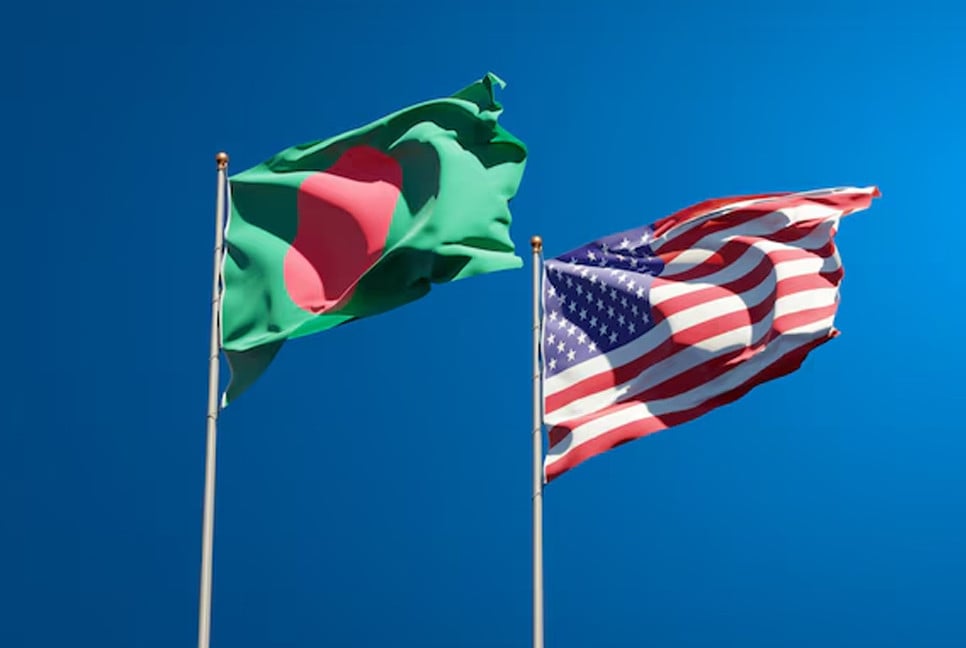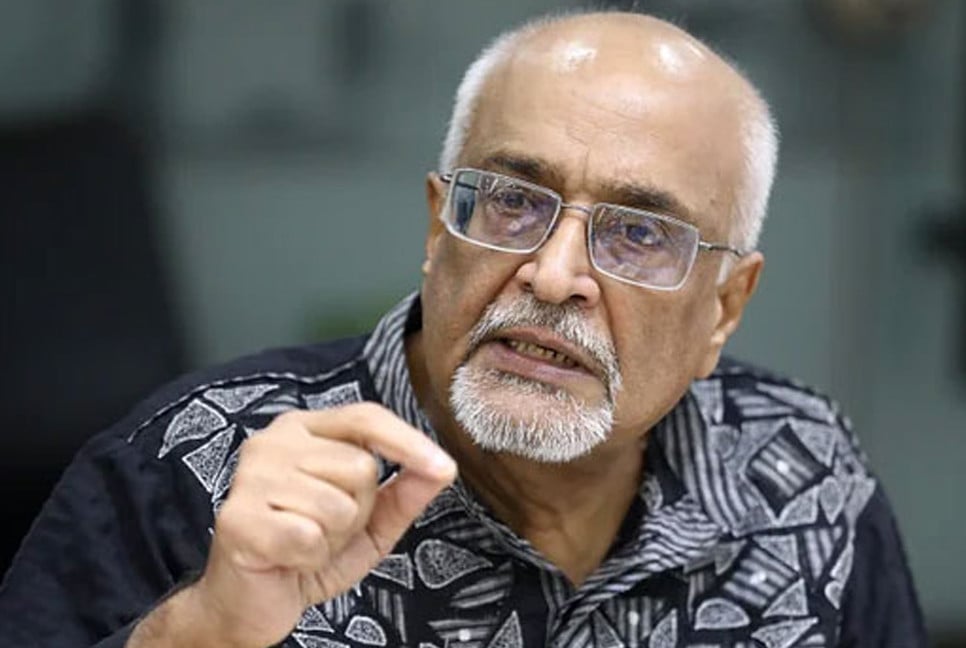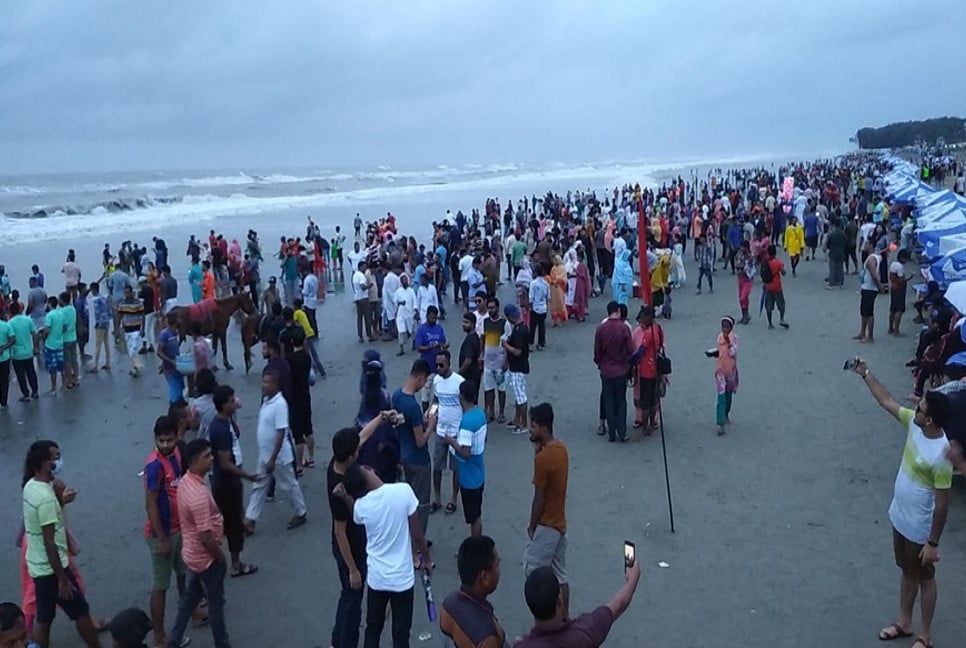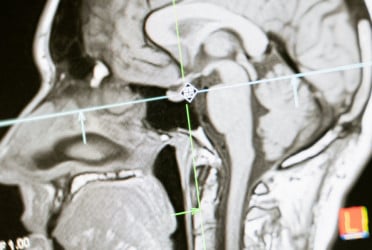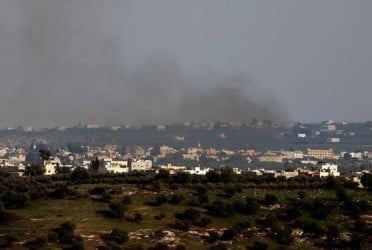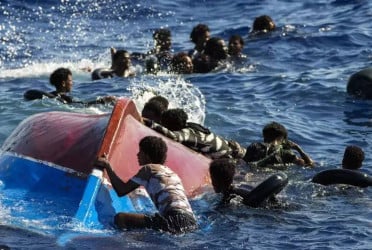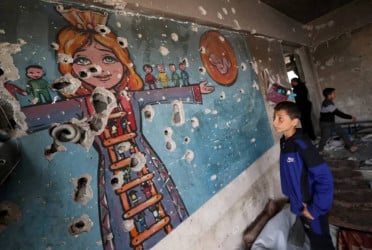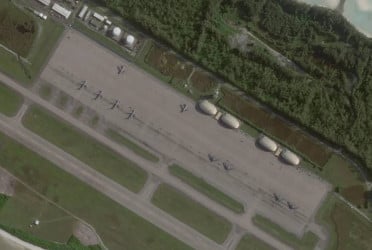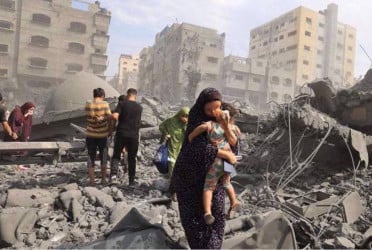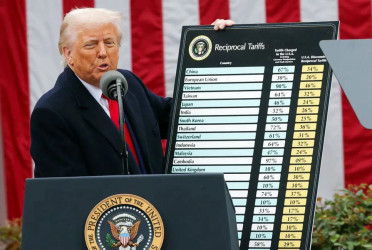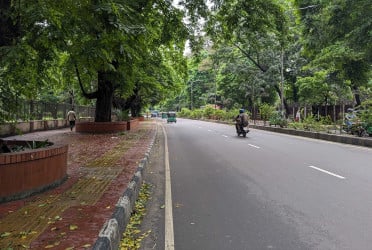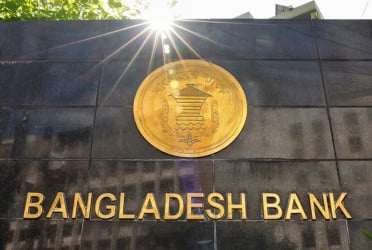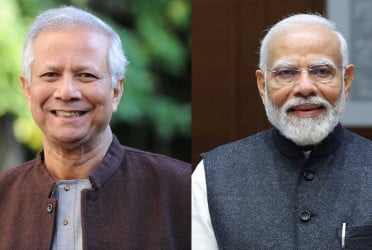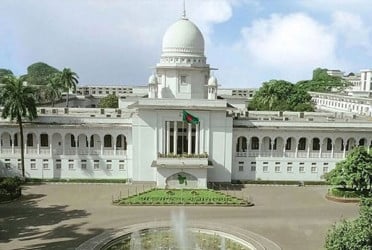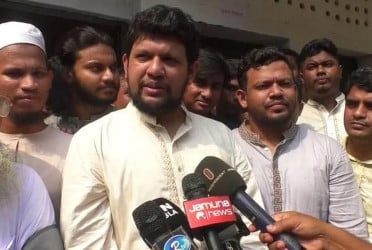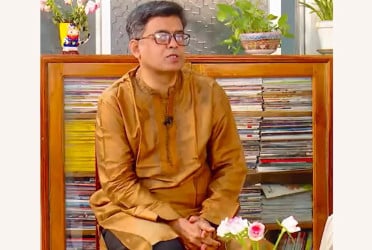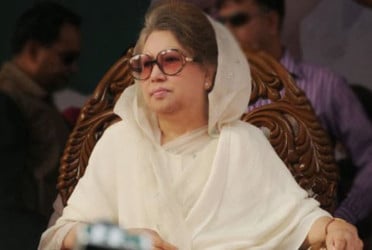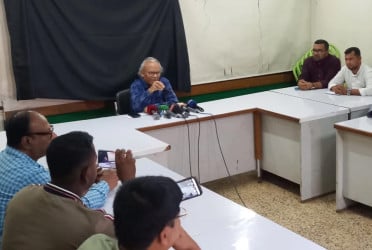Environment, Forest, and Climate Change Advisor Syeda Rizwana Hasan has called on the Asian Development Bank (ADB) and other bilateral and multilateral partners to aid Bangladesh in creating a successful example of river restoration.
Emphasizing the need for a network of rivers to be restored rather than focusing on a single river, she highlighted the importance of a comprehensive approach to river restoration.
The adviser made the call while speaking as the chief guest at a knowledge-sharing seminar on "River Restoration: Lessons for Bangladesh" at Pani Bhaban in the capital on Sunday.
She expressed optimism about the potential to transform even polluted rivers like the Buriganga into sources of fresh, clean water noting that other countries have demonstrated effective methods for tackling such challenges.
Rizwana identified chromium contamination caused by tanneries as an additional challenge for the Buriganga River. She stressed the need for immediate action rather than more policies, plans, or strategies, which have historically.
The adviser called for ADB's support in developing a concrete action plan using existing documents and institutions such as the National River Commission, the River Research Institute, and the Institute of Water Modelling, which possess technical expertise but have not been fully utilized.
She also mentioned that the Delta Plan and the Water Policy-1999, currently undergoing revisions, would serve as crucial frameworks for future river restoration efforts. The Water Resources Planning Organization has already developed an action plan for restoring valley rivers. Additionally, GPS mapping conducted by the newly appointed Administrator of Dhaka North City Corporation has identified pollution sources for four major rivers, with the final list of polluters expected by March.
The Director General of the Department of Environment has been instructed to issue letters to all polluters, and the government is committed to providing the necessary support for businesses to install proper pollution control measures. The government also possesses a comprehensive list of encroachers for the four major rivers and acknowledges the need to address plastic pollution in rivers.
She shared that special equipment is required to remove plastic waste from riverbeds, a task conventional dredgers cannot accomplish. She urged relevant agencies to form a working committee to coordinate river restoration efforts, led by the Ministry of Water Resources and involving other key ministries and experts.
Rizwana Hasan highlighted the potential for annual flooding to serve as a natural cleaning mechanism for rivers. She expressed hope that with the necessary resources and time, significant progress could be made in restoring rivers like the Surma within a short span of five to ten years.
The environment advisor emphasized the importance of involving river-dependent communities in the action plan and engaging development partners like ADB.
She called for a continuous, institutionally owned river restoration process rather than a project-based approach.
Rizwana also announced the formation of a task force to initiate action on at least one river, aiming to create a pollution-free and encroachment-free river as a model for future efforts.
Environment, Forest and Climate Change Secretary Dr Farhina Ahmed presided over the seminar.
Administrator of Dhaka North City Corporation Mohammad Azaz; Hoe Yun Jeong, Country Director, Bangladesh Residence Mission, ADB and Nazmul Ahsan, Secretary of the Ministry of Water Resources spoke as special guests.
bd-pratidin/GR

